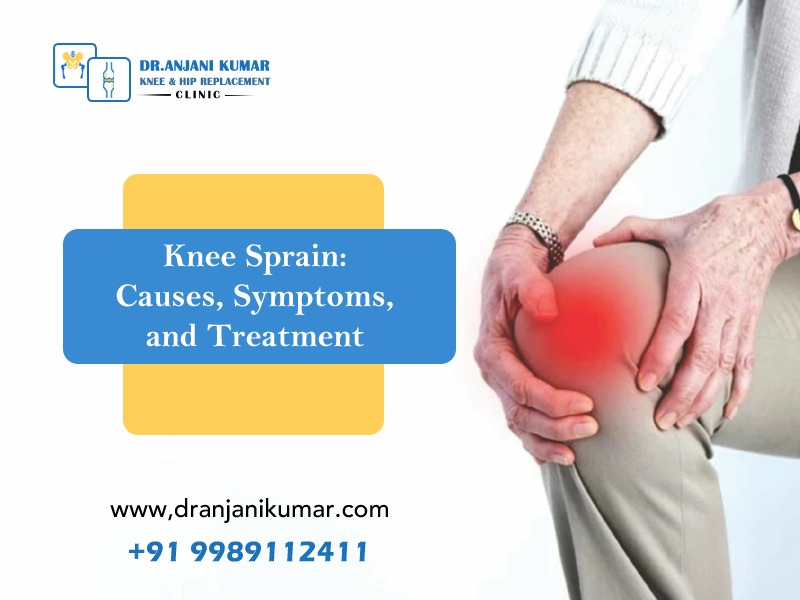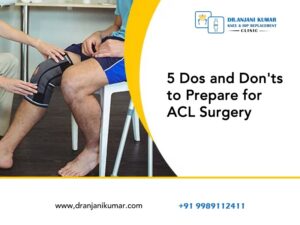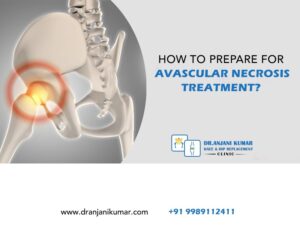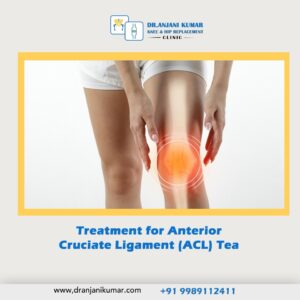A direct blow to the knee or sudden rough twisting of the knee causes a knee sprain. Due to this, the knee gets swollen. Minor knee sprains take about six weeks, whereas a severe sprain may take months to heal. In the early stages of the injury, extreme weight can increase pain and swelling. The most common cause for the knee is caused during sports, such as a sudden blow to the knee, the rough twist of the joint knee, and sudden excessive weight pressure on the knee. The reason for getting a knee sprain is when the knee turns one way, whereas the lower or upper leg goes another way. Sometimes the sprain may happen when the knee is hit from the side or front.
The knee anatomy consists of 2 long leg bones connected by muscles, ligaments, and tendons. Surgery is needed if the knee sprain is severe. The knee sprains are divided into 3 three grades.
- Grade 1: These sprains are caused by stretching with different ligament fibres. Though the person experiences mild swelling and pain, they can still put weight on the affected leg and walk—this sprain will heal in less time.
- Grade 2: In this type of knee sprain, the ligament is partially torn, and when the person puts weight on the affected knee may feel unstable with pain.
- Grade 3: in this type of sprain, the ligament is completely torn or sometimes separated from the bone. Swelling and blemishes are severe, and it is difficult to put weight on the affected leg.
How is a sprained knee diagnosed?
An X-ray shows if any fluid accumulated around the knee joint, as it’s a sign of strain or sprain. Through ultrasound, the doctors diagnose muscle, tendon, and injuries to the ligament.
The symptoms of knee sprains are:
- Swelling
- Weakness
- Buckling
- Bruising
- Tenderness
- Pain
- Popping
- Stiffness
- Muscle spams
Treatment for the sprained knee
The doctors recommend rest for the affected area with braces, along with slight modifications in daily activities till the patient is relieved from pain. To rest the affected ligaments, tendons, and muscles, the doctors also provide a cane or crutches to support the knee. It reduces stress on the injured knee. The doctor first checks the sprain thoroughly through X-ray, computerized tomography(C T) scan, ultrasound, and magnetic resonance imaging(MRI) reports and then decides if the knee sprain should be given surgical or non-surgical treatments. Below are the treatment methodologies:-
Applying ice & Compression and Elevation(RICE): The doctors recommend applying ice to the knee three times a day for 15 minutes to reduce swelling at the beginning of the surgery. Elevating the knee also helps the knee swelling to subside.
Ice: Cold reduces the pain as the affected area becomes numb.
Compression: When pressure is applied to the affected knees, swelling is controlled. Keeping the injured knee above the heart reduces swelling, pain, and discomfort.
Medications: The doctors prescribe pain relief medications initially for the pain to subside.
Knee Arthroscopy: In this procedure, the surgeon inserts a ting scope attached to a high-resolution camera for a closer view of the knee joint to find the cause and perform the surgery. The surgeon makes a few tiny incisions around the knee joint to repair or replace the torn cartilage or ligaments.
Knee Osteotomy: This is a major surgery. During an osteotomy surgery, the damaged or injured bone is cut and reshaped to improve function and reduce pain. This surgery takes several months to recover.
Partial Knee Replacement: During this procedure, the surgeon replaces only the most damaged part of the knee by replacing them with metal or plastic. The recovery rate is quick as the surgery is performed through small incisions.
Total Knee Replacement: In this surgery, the complete damaged bone and cartilage from the thigh bone replace with an artificial joint made from high-grade plastic, metal alloys, or polymers.
Therapy: Based on the pain, the doctors may suggest physical therapy to recover the knee sprain. To build up the muscles around the knee joint.
Dr. Anjani Kumar has 20 years of experience and successfully performed 2000 knee replacement surgeries, 350 hip replacement surgeries, and 500 pelvic acetabular surgeries throughout his career. Please contact us on Mobile: +91 9989112411 and
E-mail: anjanikumar@ gmail.com




